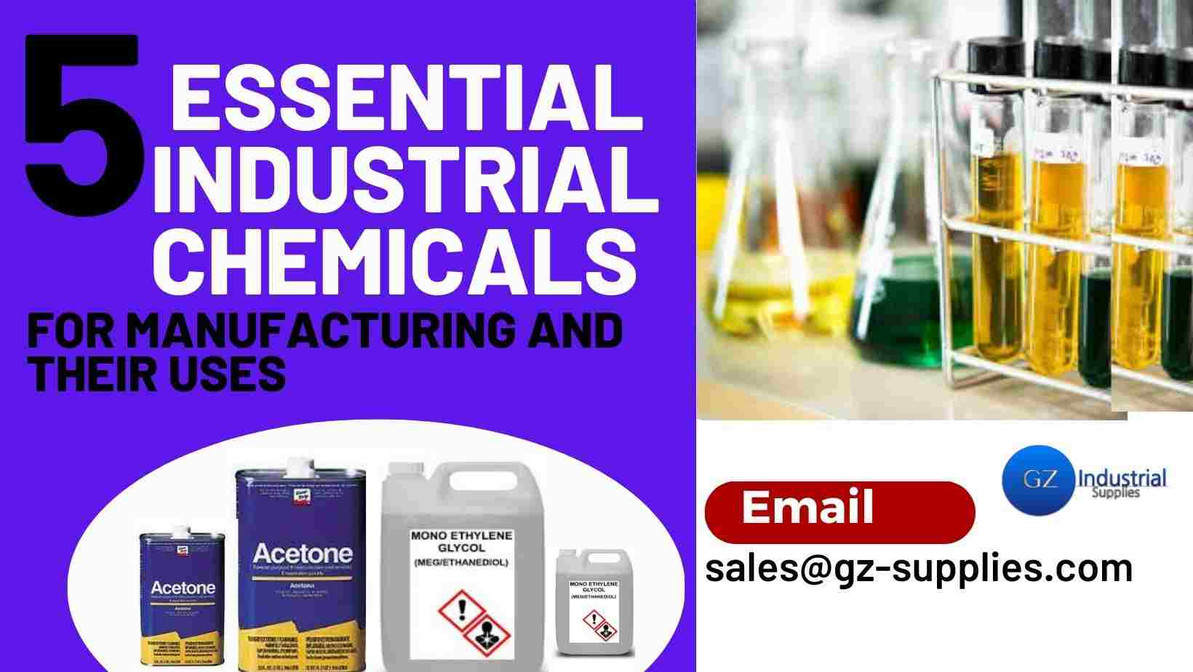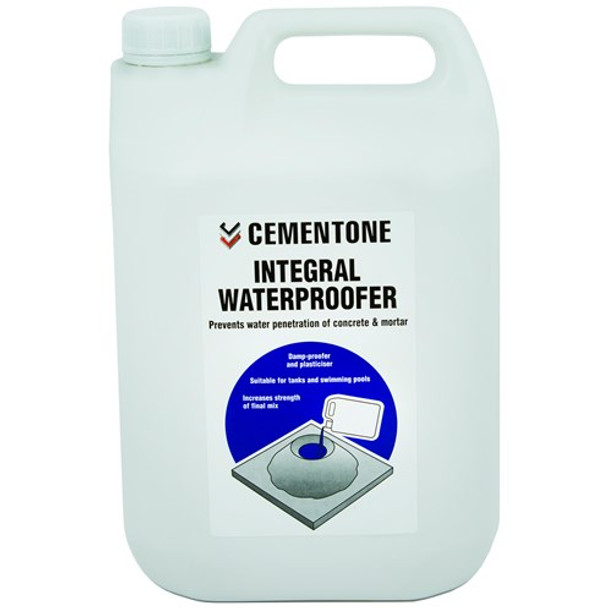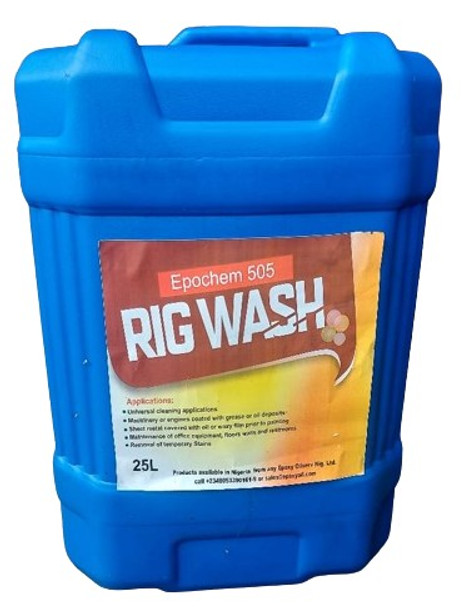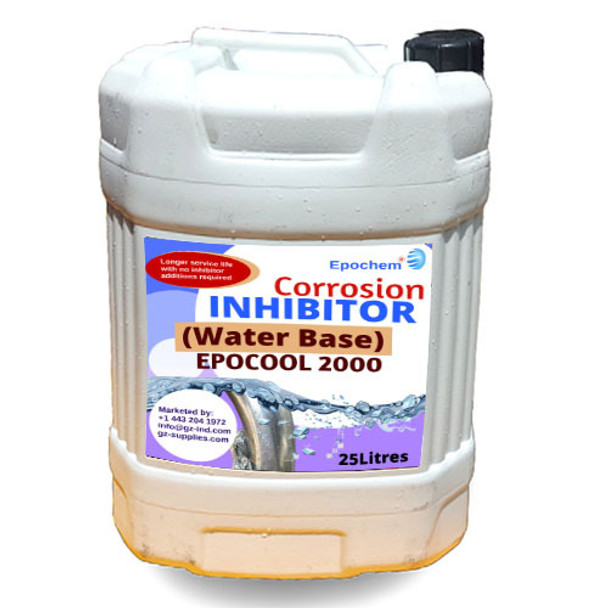5 Essential Industrial Chemicals for Manufacturing and Their Uses
Key Takeaway
The use of industrial chemicals for manufacturing includes chemicals like Soda ash, Caustic soda, Calcium chloride, Acetone and Monoethylene glycol. Soda ash contributes to the transparency and durability of glass, while caustic soda acts as a versatile pH regulator, especially in detergent production. Calcium chloride finds its place in numerous applications, from preserving food to maintaining safe road conditions. Acetone, a powerful solvent, excels in cleaning and dissolving raw materials, and monoethylene glycol stands out as a key ingredient in the production of plastics and antifreeze.
Dr. Fixit 603 Newcoat
Introduction
In the dynamic landscape of modern manufacturing, the role of industrial chemicals is indispensable, serving as an essential element that drive numerous industrial processes. These chemicals play a pivotal role in enhancing efficiency, ensuring product quality, and facilitating the creation of a wide array of goods essential to our daily lives.
Soda ash, also known as sodium carbonate, stands as a cornerstone among essential industrial chemicals with its versatile applications in manufacturing. This chemical compound plays a pivotal role in various industries, most notably in the production of glass and detergents. In glass manufacturing, soda ash serves as a key ingredient, aiding in the melting process and contributing to the transparency and durability of the final product. Its alkaline properties also make it an integral component in the production of detergents, where it acts as a pH regulator and assists in breaking down grease and stains. Beyond these applications, soda ash finds use in water treatment, textile processing, and even as a chemical reactant in certain industrial processes. Its widespread utility underscores the importance of soda ash as a fundamental industrial chemical, influencing the quality and functionality of diverse products that enrich our daily lives.
This exploration delves into manufacturing, shedding light on five essential industrial chemicals and their diverse applications. From fostering innovation to streamlining production, these chemicals form the backbone of various industries, shaping the way we produce and consume goods in the contemporary world. Join us on this insightful journey as we unravel the significance and versatility of these crucial industrial chemicals in the realm of manufacturing.
Epoxy Resin Epochem 105, 20kg keg
Industrial Chemicals for Manufacturing and Their Uses
1. Soda Ash
Soda Ash, scientifically known as sodium carbonate, is a white, odorless powder with alkaline properties. It is a crucial industrial chemical extensively used in various manufacturing processes. Its chemical formula is Na₂CO₃, indicating its composition of two sodium (Na) atoms, one carbon (C) atom, and three oxygen (O) atoms. It is also known as washing soda or soda crystals. Soda ash has many applications in various industries, such as glass manufacturing, water treatment, detergents, chemicals, and food processing.
Applications in Manufacturing
Glass Production:
One of the primary applications of soda ash lies in the manufacturing of glass. It serves as a key component in the glass-making process, aiding in the reduction of the melting point of silica. When combined with silica (the main component of glass), soda ash lowers the melting point of the mixture, making it easier to melt and shape into various forms such as bottles, windows, and even intricate glassware. Soda ash also helps to maintain the clarity and stability of glass products by preventing bubbles from forming and reducing the amount of impurities that can affect the quality of glass.
Bostik Cementone integral waterproofer 2.5 liters
Water Treatment:
Another application of soda ash is in water treatment. Soda ash is used to adjust the pH level of water by adding alkaline substances that neutralize acidity and make water less corrosive. Soda ash also helps to soften water by removing minerals that can cause scaling and clogging of pipes and appliances.
Soda ash has many other uses in different industries, such as chemicals (for making fertilizers, paper pulp, textiles), food processing (for preserving meat products), cosmetics (for making soap), pharmaceuticals (for making antacids), and more. It is a versatile and essential chemical compound that finds its way into numerous products we use every day.
2. Caustic Soda
Caustic Soda, also known as sodium hydroxide (NaOH), is a strong alkaline compound with a white, solid appearance. It has many uses and applications in various industries, such as detergent production, chemical processing and refining, and more. It is soluble in water and has a melting point of 591 K and a boiling point of 1388 K. It is hygroscopic, meaning it absorbs moisture from the air, and corrosive, meaning it can damage skin and eyes.
Epochem Deionized water 20 litres
Applications in Manufacturing
pH Regulation in Detergent Production:
Caustic soda is a crucial component in the manufacturing of detergents and soaps. Its alkaline nature allows it to regulate the pH levels of detergent formulations, ensuring the effective cleaning action of these products. By maintaining the appropriate pH balance, caustic soda enhances the performance of detergents in breaking down grease and stains. It also helps to prevent the formation of hard water deposits on clothes washing machines.
Role in Chemical Processing and Refining:
Caustic soda is widely employed in various chemical processing and refining industries. It plays a vital role in the refining of petroleum and the processing of natural gas. In chemical processing, caustic soda is used in the production of various chemicals, including plastics, textiles, and paper.
Caustic soda is also used as an intermediate or a reagent in various chemical reactions, such as:
- Esterification: Caustic soda reacts with an alcohol to produce an ester, which is an organic compound that has pleasant smells or flavors.
- Transesterification: Caustic soda reacts with an oil or fat to produce glycerol and an ester, which can be used for making biodiesel or other products.
- Catalytic activities: Caustic soda acts as a catalyst for some organic reactions, such as the oxidation of alcohols or the reduction of aldehydes.
Uses in Household Products
Caustic soda also has applications in the home for a variety of purposes, including:
- Drain opener: Caustic soda can dissolve grease and hair clogs in drains by producing heat and water-soluble substances.
- Relaxer: Caustic soda can straighten curly hair by breaking down the bonds between the hair strands.
- Paint remover: Caustic soda can remove paint from wood or metal surfaces by dissolving the paint molecules.
Caustic soda is a powerful and useful industrial chemical that has many benefits and applications in different fields. It is one of the most widely used industrial chemicals in the world.
Epochem 505 Rig wash Industrial Cleaner 5Liters keg
3. Calcium Chloride
Calcium Chloride is a salt composed of calcium and chlorine with the chemical formula CaCl₂. It is typically found in a solid form but can also be in a liquid state when dissolved in water. Calcium chloride is hygroscopic, meaning it readily absorbs moisture from the air. It has a range of physical properties, including being colorless, odorless, and having a salty taste. It also releases heat when dissolved in water, making it exothermic. It has a melting point of 772 °C and a boiling point of 1935 °C. It has a density of 2.15 g/cm3 and a low vapor pressure.
Applications in Manufacturing
Food Preservation:
Calcium chloride is used as a preservative and a curing agent in food processing. It helps to extend the shelf life, retain freshness, and improve texture of various foods, such as cheese, canned fruits, vegetables and meat products. It also acts as a firming agent that prevents foods from becoming mushy or soft. It can also enhance the flavor and nutritional value of some foods by providing calcium.
De-icing and Maintaining Road Safety:
In regions prone to icy conditions, calcium chloride is widely employed for de-icing roads and walkways. Its hygroscopic nature allows it to absorb moisture from the surroundings, generating heat and accelerating the melting of ice. By lowering the freezing point of water, calcium chloride helps prevent the formation of ice on roads, contributing to improved road safety during winter.
Dr. Fixit Powder Waterproof (1 Carton)
4. Acetone
Acetone is a colorless, volatile liquid with the chemical formula C₃H₆O. It is the simplest and most widely used ketone, characterized by its strong, pungent odor. Acetone is highly miscible in water and other solvents, making it a versatile compound. It is essential to note that acetone is highly flammable. It has a melting point of -95.4 °C and a boiling point of 56.5 °C. It has a density of 0.79 g/cm3 and a low vapor pressure.
Applications in Manufacturing
Solvent for Cleaning and Degreasing:
Acetone is a powerful solvent that can dissolve many fats, oils, waxes, resins, rubber, plastics, lacquers, and varnishes. It is widely used for cleaning and degreasing machinery, equipment, tools, and surfaces. It can also remove stains, adhesives, and paints. Acetone evaporates quickly and leaves no residue, making it an efficient and convenient cleaning agent.
Dissolving and Processing Raw Materials:
Acetone is also used as a solvent for dissolving and processing various raw materials, such as cellulose, cellulose acetate, nitrocellulose, and other cellulose esters. These materials are used for making artificial fibers, explosives, coatings, and films. Acetone can also dissolve some natural and synthetic polymers, such as polyvinyl chloride (PVC), polystyrene, and polyacrylonitrile. These polymers are used for making plastics, rubber, and fibers.
Acetone is a simple and effective industrial solvent that has many uses and benefits in different fields. It is one of the most widely used industrial solvents in the world.
Epochem heavy duty Tile and Concrete cleaner 5 liters
5. Monoethylene Glycol
Monoethylene Glycol (MEG) is a colorless, odorless, and slightly viscous liquid with the chemical formula C₂H₆O₂. It is a diol, meaning it has two hydroxyl (-OH) groups. MEG is hygroscopic, meaning it readily absorbs water. It has a melting point of -12.9 °C and a boiling point of 197.3 °C. It has a density of 1.1132 g/cm3 and a low vapor pressure. Monoethylene Glycol is the most important of the commercially available ethylene glycols, as it has many industrial applications.
Applications in Manufacturing
Plastic Production:
MEG is a key component in the production of polyester resins and fibers. In the polymerization process, MEG reacts with terephthalic acid to produce polyethylene terephthalate (PET), a widely used material in the production of plastic bottles, packaging, and synthetic fibers. The versatility of MEG in contributing to the formation of durable and versatile plastics makes it a crucial component in the plastic manufacturing industry.
Epocool 2000 Corrosion Inhibitor 25L
Antifreeze and De-icing Solutions:
Monoethylene glycol is a primary ingredient in antifreeze and coolant formulations, due to its ability to lower the freezing point of water. This property is crucial for preventing freezing and overheating in engines, radiators, and other cooling systems. MEG also helps to prevent corrosion, cavitation, and scaling in metal surfaces. MEG is also used as a de-icing agent for aircraft, runways, and bridges, as it can melt ice and snow at low temperatures and prevent them from forming again.
Monoethylene glycol is a valuable and versatile industrial chemical that has many uses and benefits in different fields. It is one of the most widely used industrial chemicals in the world.
Conclusion
Industrial chemicals are substances that are used for various purposes in different industries, such as manufacturing, processing, refining, and more. They have many properties and applications that make them valuable and versatile. In this article, we have discussed five essential industrial chemicals for manufacturing and their uses. They are:
- Soda ash: A fluxing agent for glass production, a pH adjuster for water treatment, and a builder for detergents and cleaning products.
- Caustic soda: A pH regulator for detergent production, a reagent and a catalyst for chemical processing and refining, and a solvent for household purposes.
- Calcium chloride: A preservative and a curing agent for food processing, and a de-icing and a road safety agent for transportation.
- Acetone: A solvent for cleaning and degreasing, and for dissolving and processing raw materials such as cellulose and polymers.
- Monoethylene glycol: A component for plastic production, and an antifreeze and a de-icing agent for cooling systems and transportation.
Collectively, these chemicals stand as cornerstones of modern manufacturing, influencing industries ranging from glassmaking to plastic production, and from detergent manufacturing to road maintenance. Their importance cannot be overstated, as they contribute to the creation of products that enhance our daily lives while supporting the functionality of numerous industrial processes. They are indispensable for the advancement and growth of the global economy and society.
Recent Posts
-
Hand Tool Essentials for General Contractors in 2025
The construction industry in 2025 is evolving at a rapid pace, driven by technological advancements …Feb 22, 2025 -
How Inverter Batteries Contribute to Uninterrupted Industrial Operations
Introduction Inverter batteries play a crucial role in ensuring uninterrupted industrial operations …Feb 20, 2025 -
Expert Tips for Choosing the Best Inverter Battery for Your Industry
Introduction In industries where uninterrupted power supply is crucial, selecting the right inverter …Feb 20, 2025











